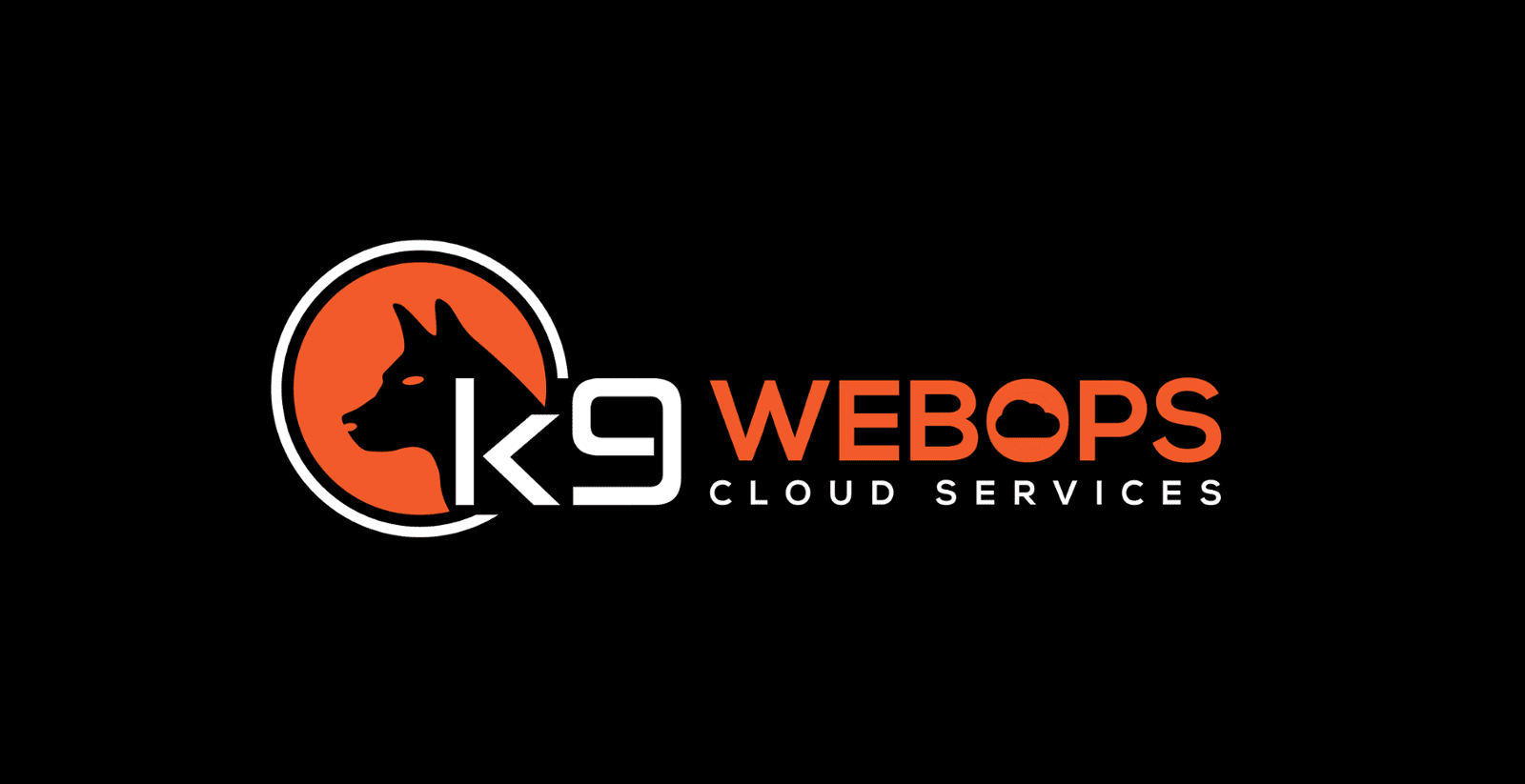Safeguarding Your Website
Introduction
In today's digital landscape, websites have become the lifeblood of businesses, organizations, and individuals alike. They serve as a gateway for communication, transactions, and information sharing. However, with the increasing prevalence of cyber threats, it is crucial to prioritize website security to protect sensitive data and maintain the trust of users. Among the key elements of website security, proper cPanel security stands out as a vital component. In this blog post, we will explore the significance of implementing robust cPanel security measures and how it helps safeguard your website from potential threats.
Understanding cPanel
cPanel is a popular web hosting control panel that provides a graphical interface for managing various aspects of a website. It allows users to handle essential tasks such as creating email accounts, managing databases, installing applications, and more. However, without proper security measures, cPanel can become an entry point for cybercriminals to exploit vulnerabilities and compromise the entire website.
Protecting Sensitive Data
One of the primary reasons to prioritize cPanel security is to protect sensitive data associated with your website. This includes personally identifiable information (PII) of users, financial details, login credentials, and confidential business information. Breaches and unauthorized access to such data can have severe consequences, including financial loss, legal liabilities, and damage to your reputation. By implementing robust security measures, you can significantly reduce the risk of data breaches and ensure the privacy and integrity of sensitive information.
Preventing Unauthorized Access
Proper cPanel security measures are crucial for preventing unauthorized access to your website's backend. Hackers often attempt to gain control of a website to manipulate its content, inject malicious code, or use it as a platform for launching further attacks. By securing your cPanel, you establish barriers against unauthorized access attempts, reducing the likelihood of successful breaches. Strong passwords, two-factor authentication (2FA), and IP address whitelisting are some effective measures to fortify your cPanel and thwart unauthorized access attempts.
Mitigating Malware Infections
Malware infections can cause significant harm to your website's functionality, reputation, and user experience. They can lead to website defacement, data theft, or even turn your website into a distribution point for malware. Implementing robust cPanel security measures allows you to scan files and directories for malware, regularly update software and plugins, and restrict file permissions to minimize the risk of malware infections. Additionally, consider enabling automatic backups to ensure quick recovery in case of a security incident.
Enhancing Website Performance and Uptime
Proper cPanel security practices not only protect your website from external threats but also contribute to its overall performance and uptime. Regular security audits, software updates, and monitoring help identify and address vulnerabilities before they can be exploited. By proactively managing security, you minimize the chances of your website going offline due to security breaches or compromised resources. This, in turn, ensures a seamless user experience and helps maintain your website's credibility.
Conclusion
In an era where cyber threats continue to evolve and pose significant risks to websites, prioritizing proper cPanel security is essential. By implementing robust security measures, you protect sensitive data, prevent unauthorized access, mitigate malware infections, and enhance your website's performance and uptime. Remember to regularly update your cPanel, use strong passwords and 2FA, scan for malware, and keep backups to ensure your website remains secure and resilient in the face of potential threats. Safeguarding your website through proper cPanel security measures is an investment that pays off in terms of protecting your reputation, maintaining user trust, and ensuring the long-term success of your online presence.




